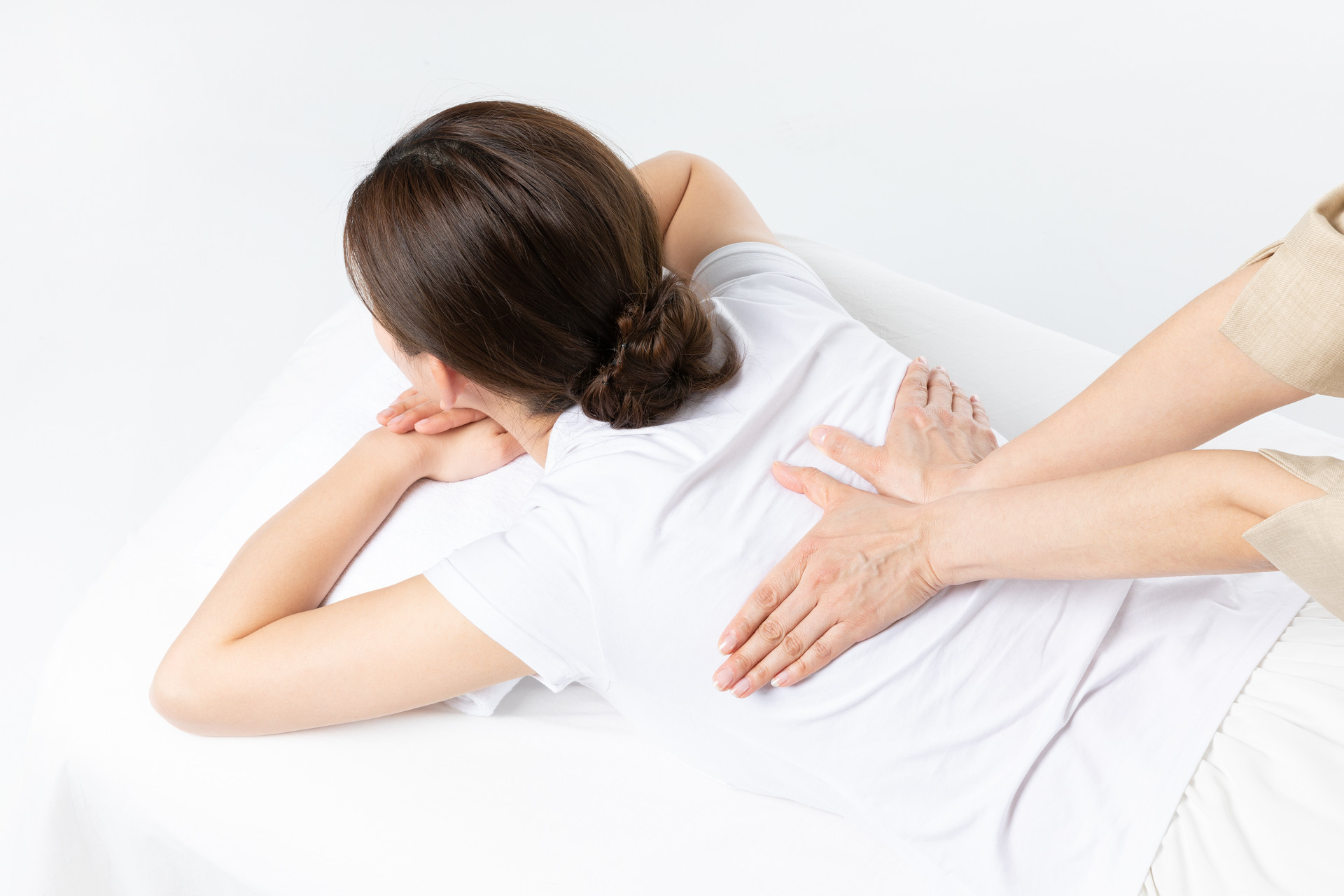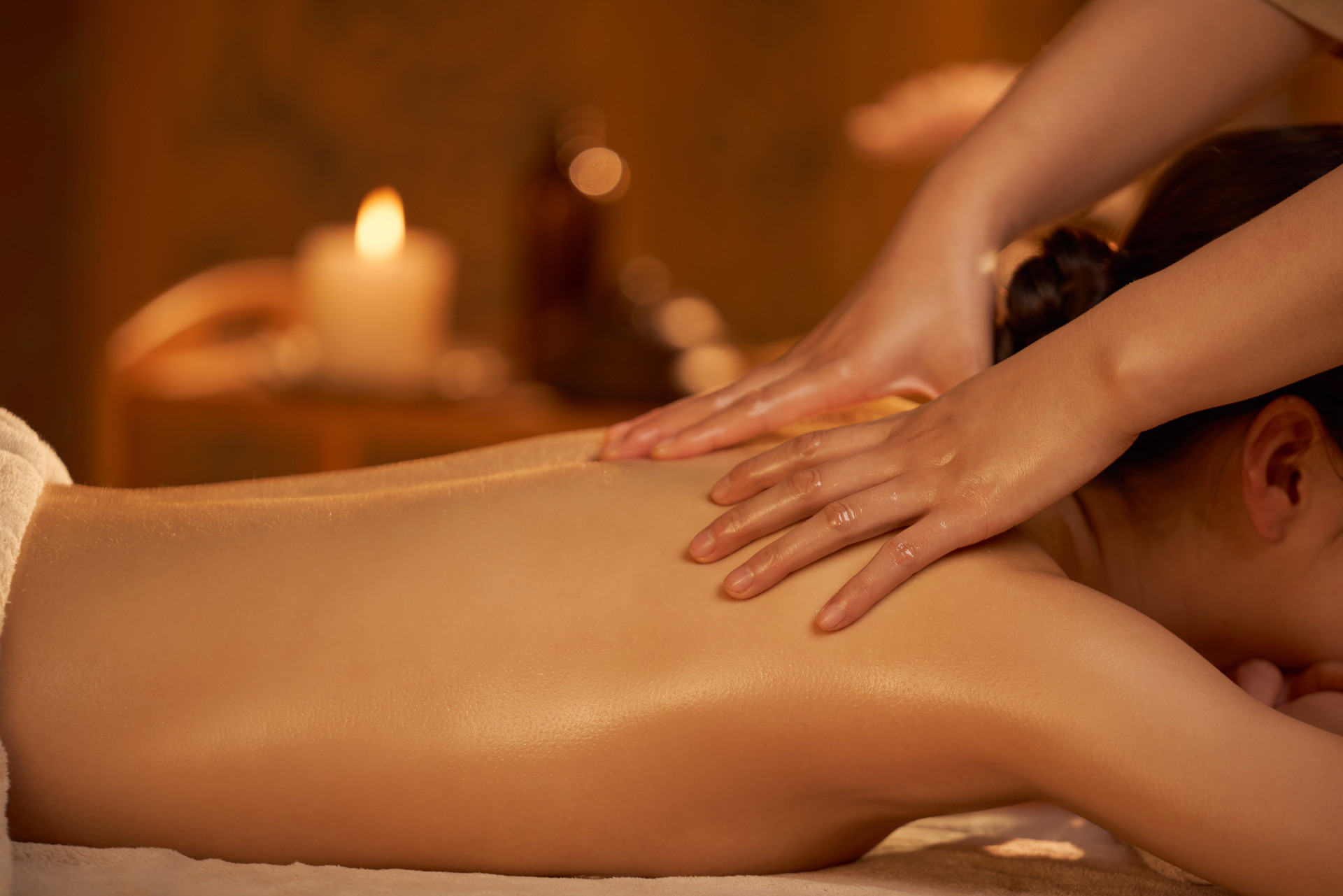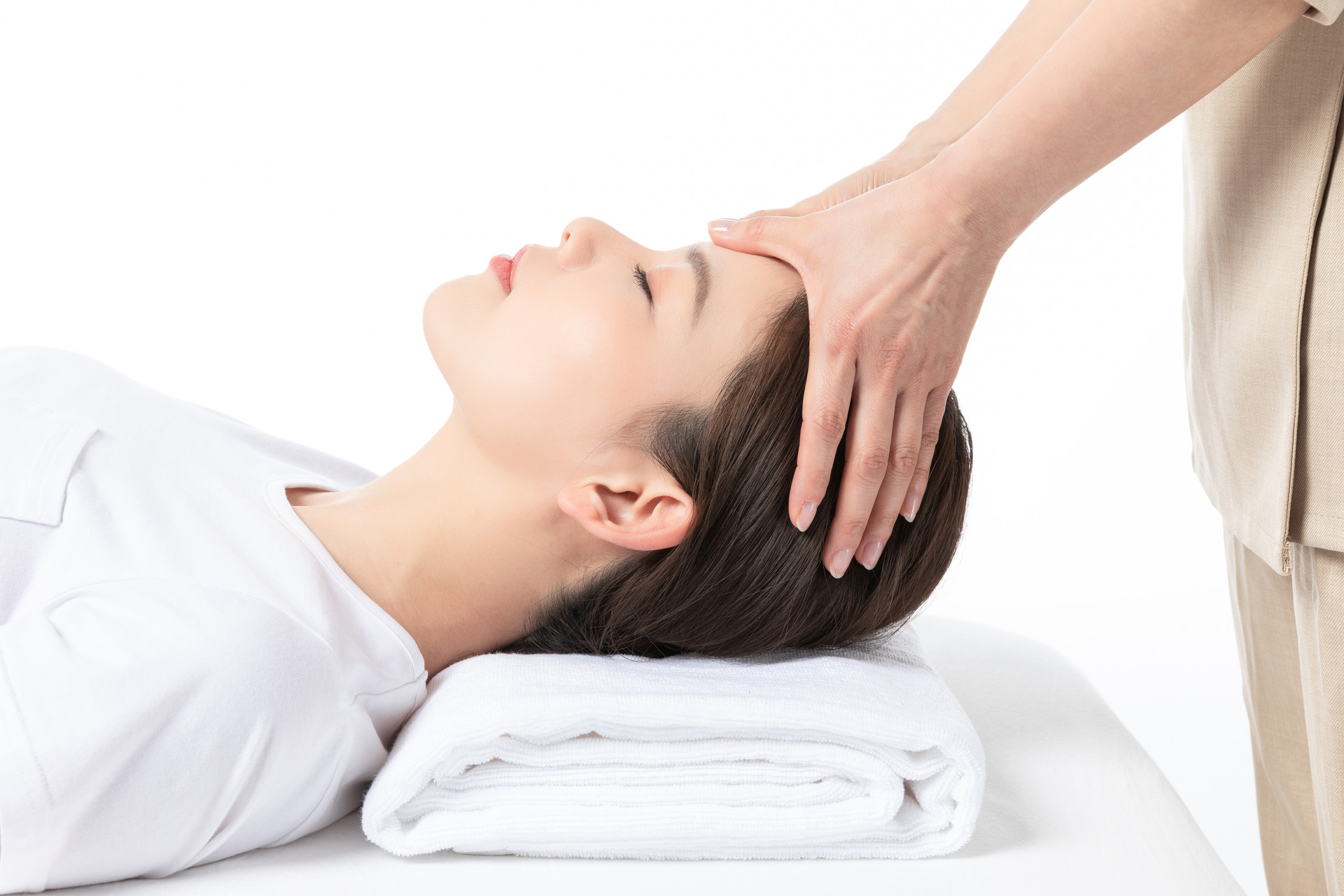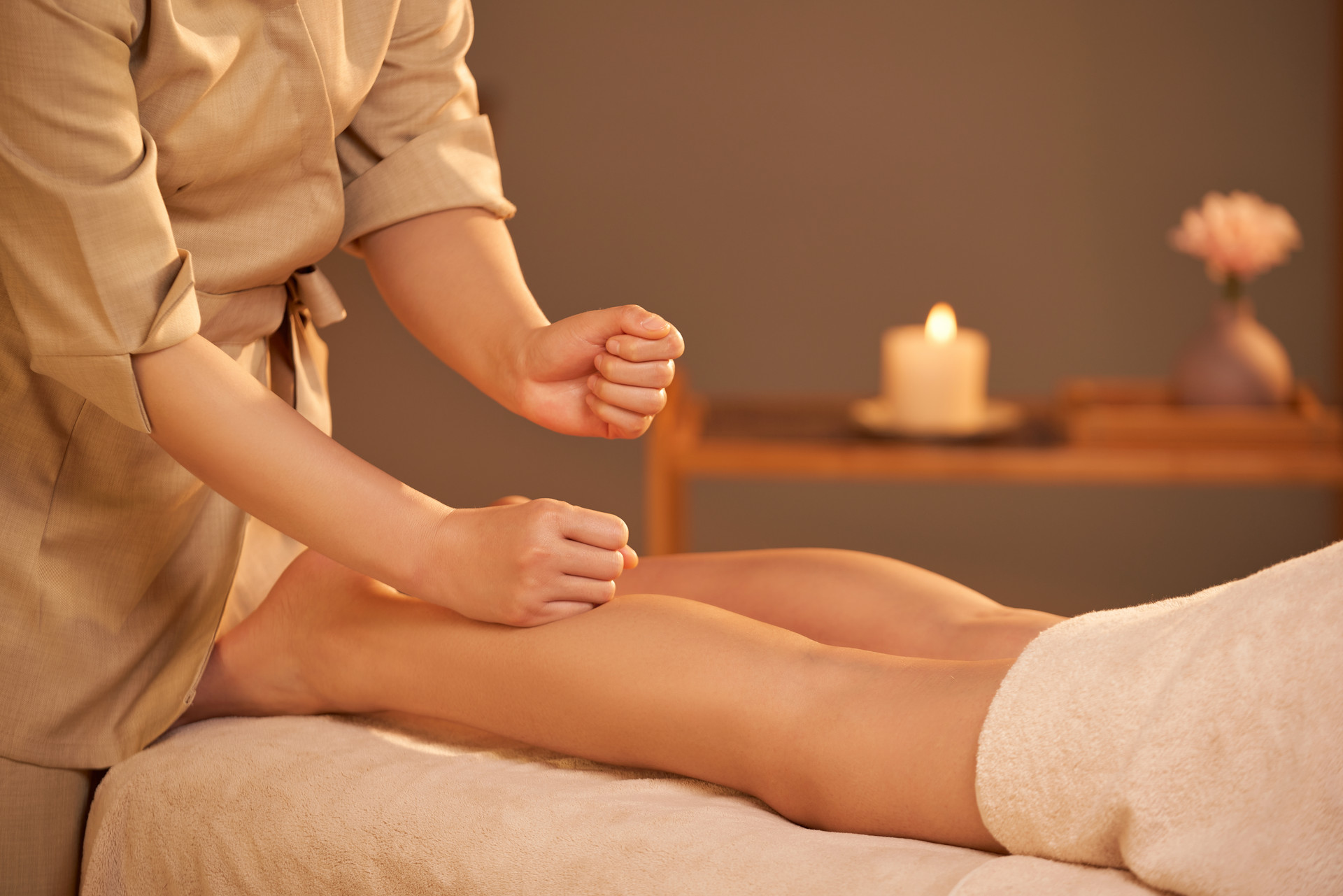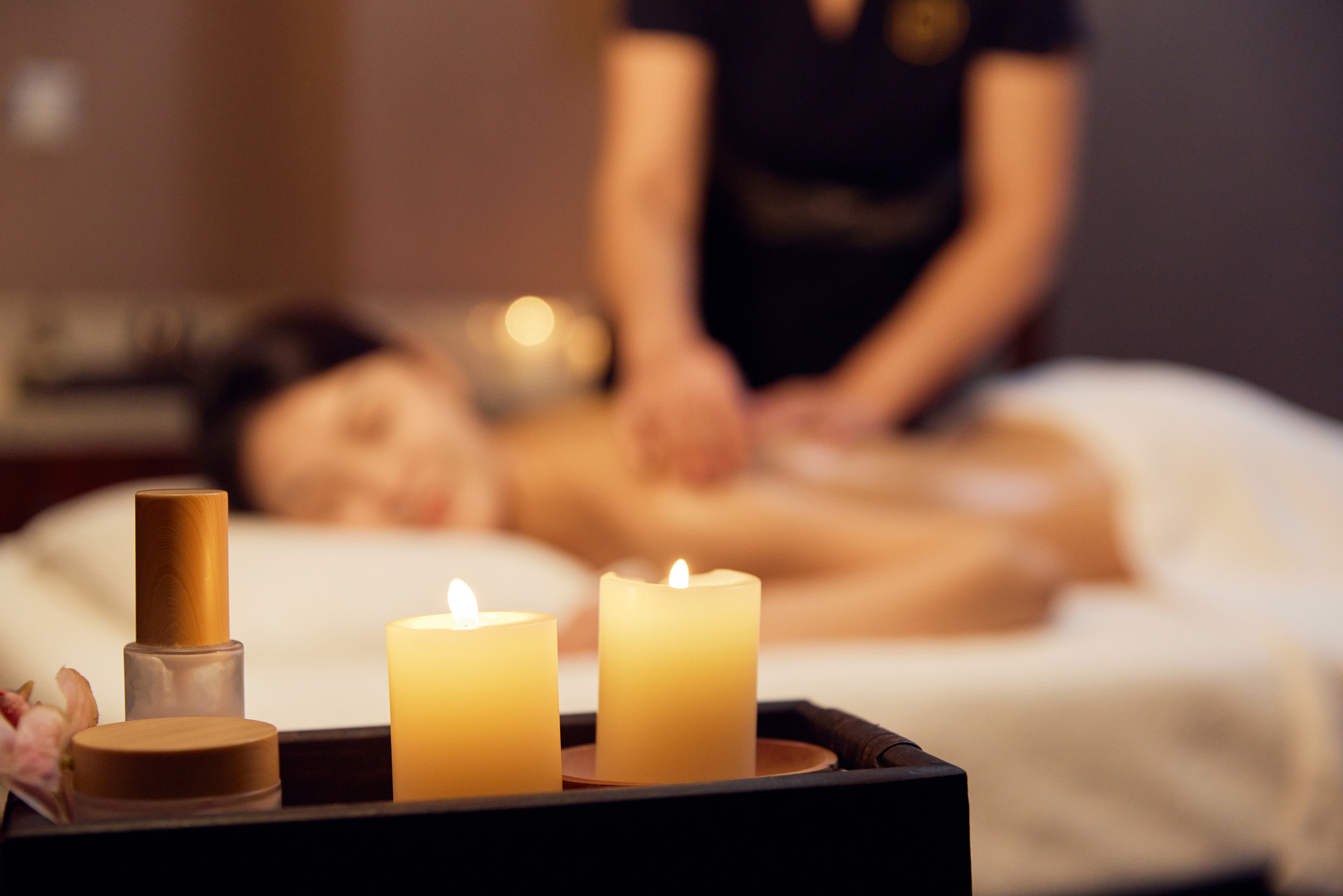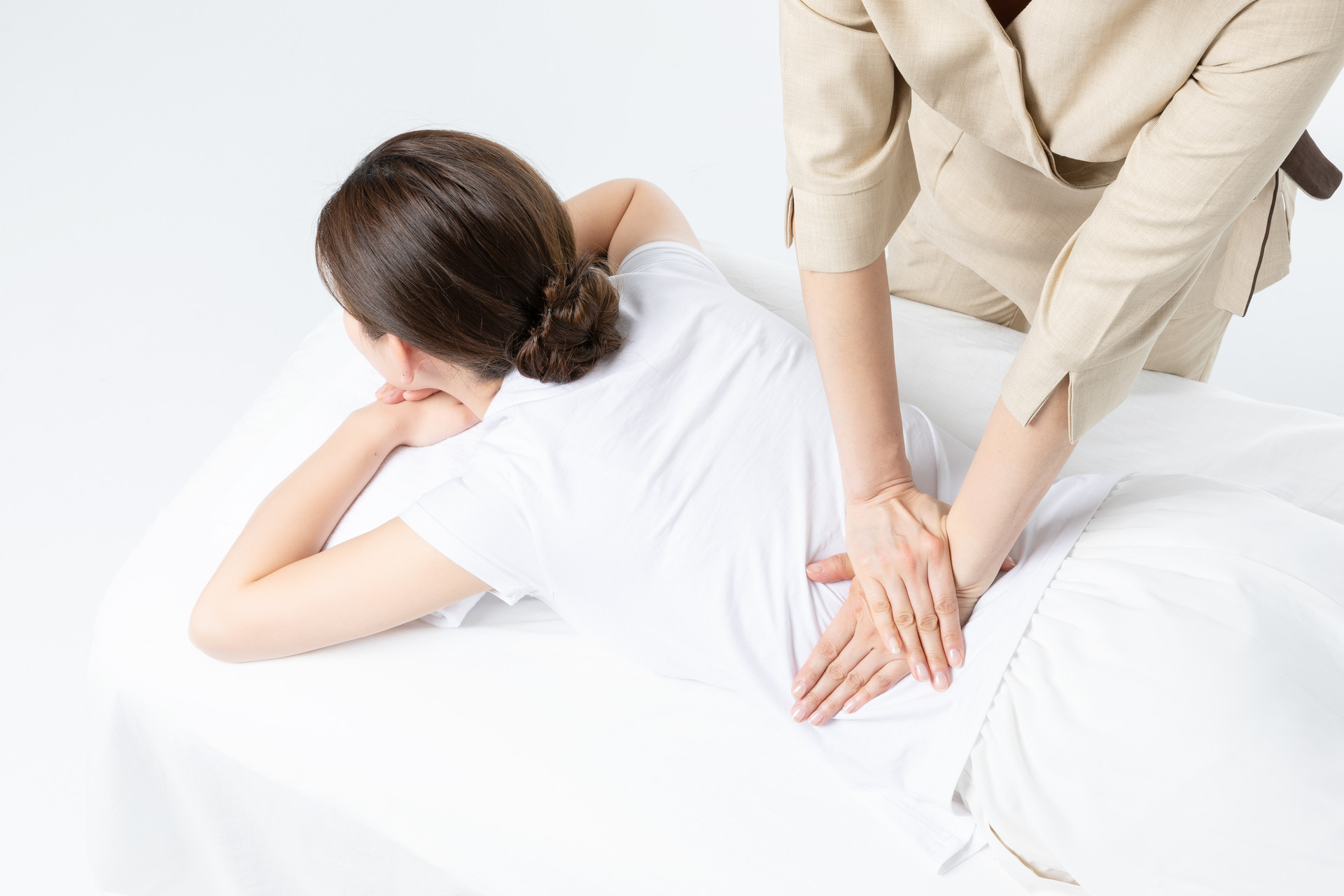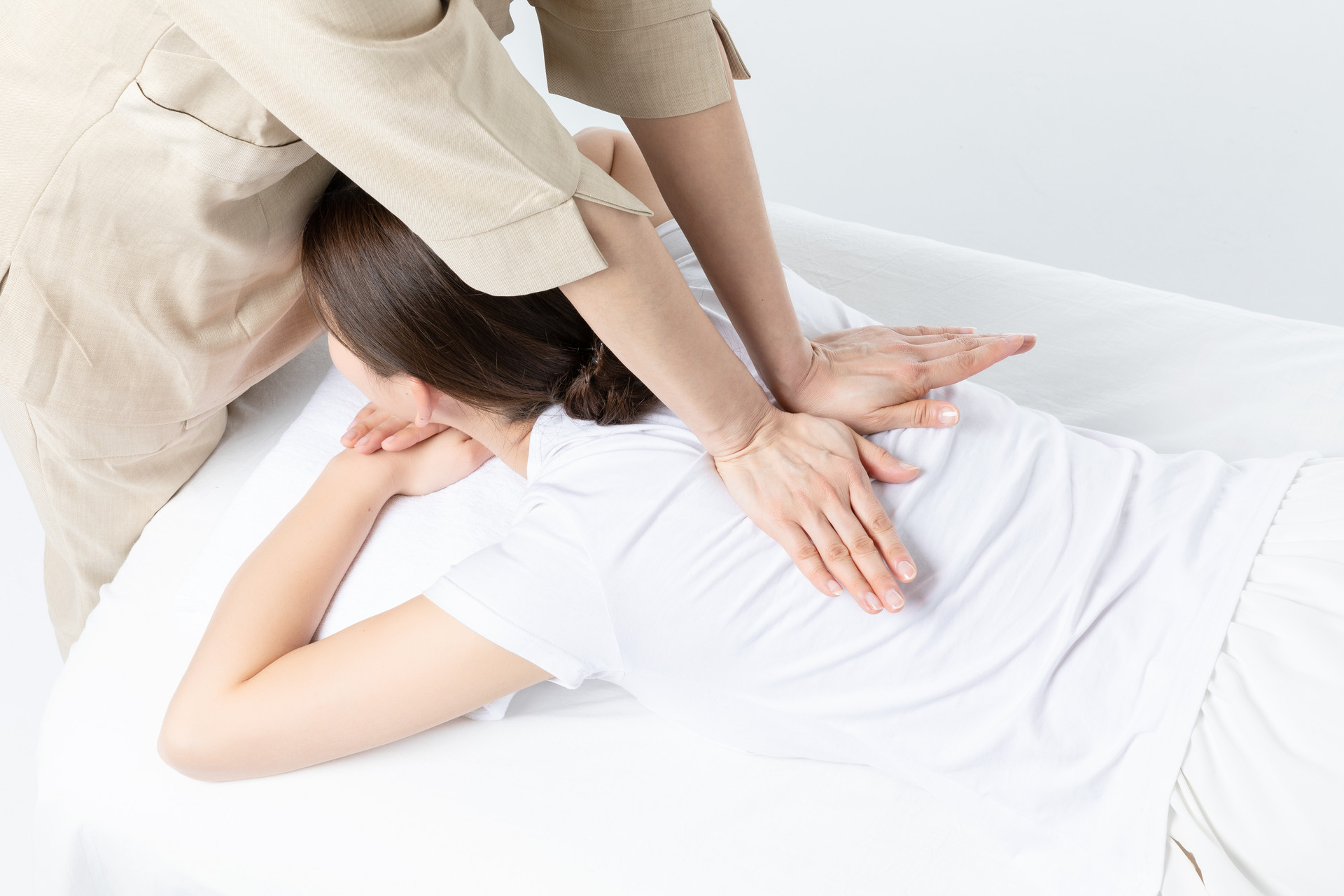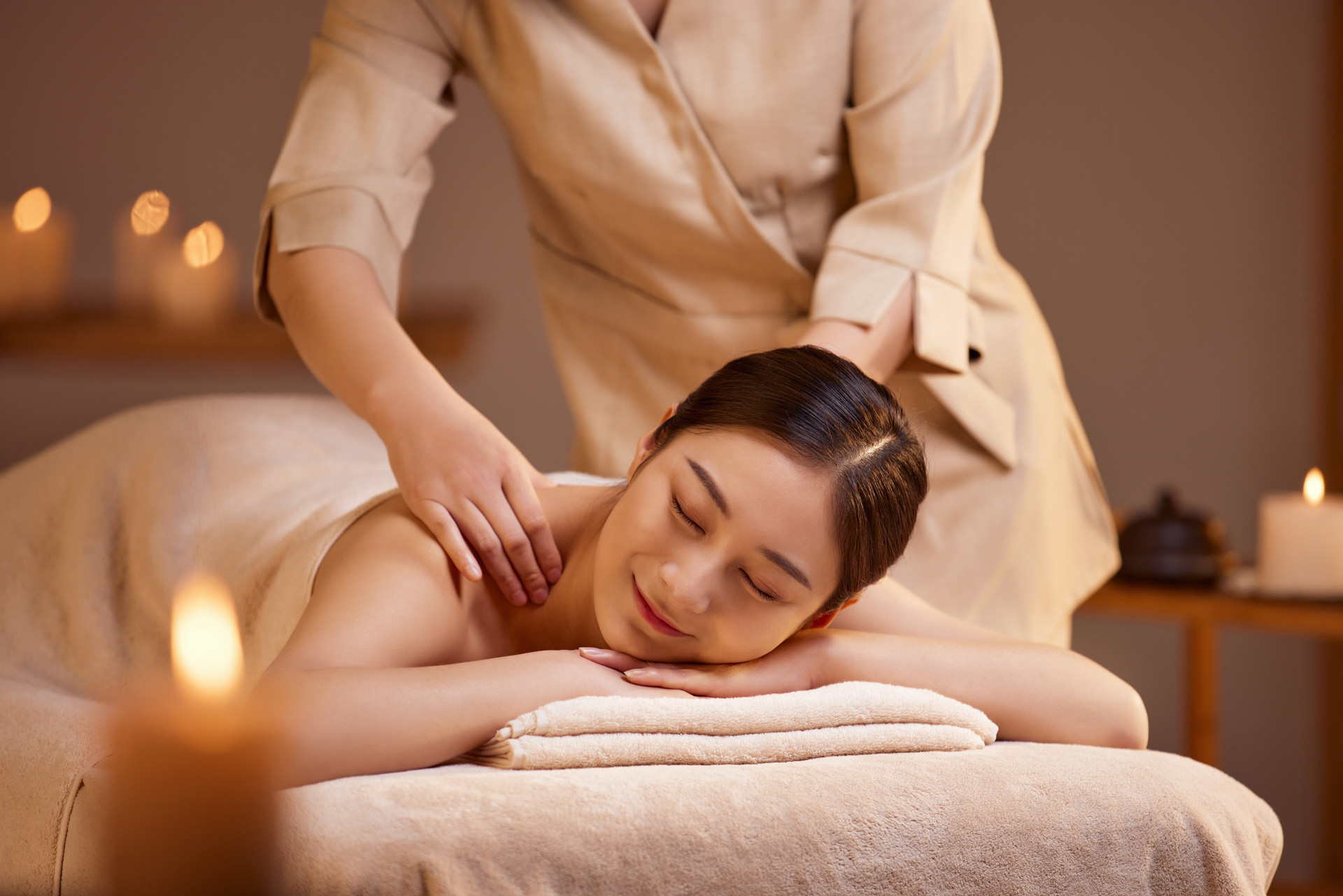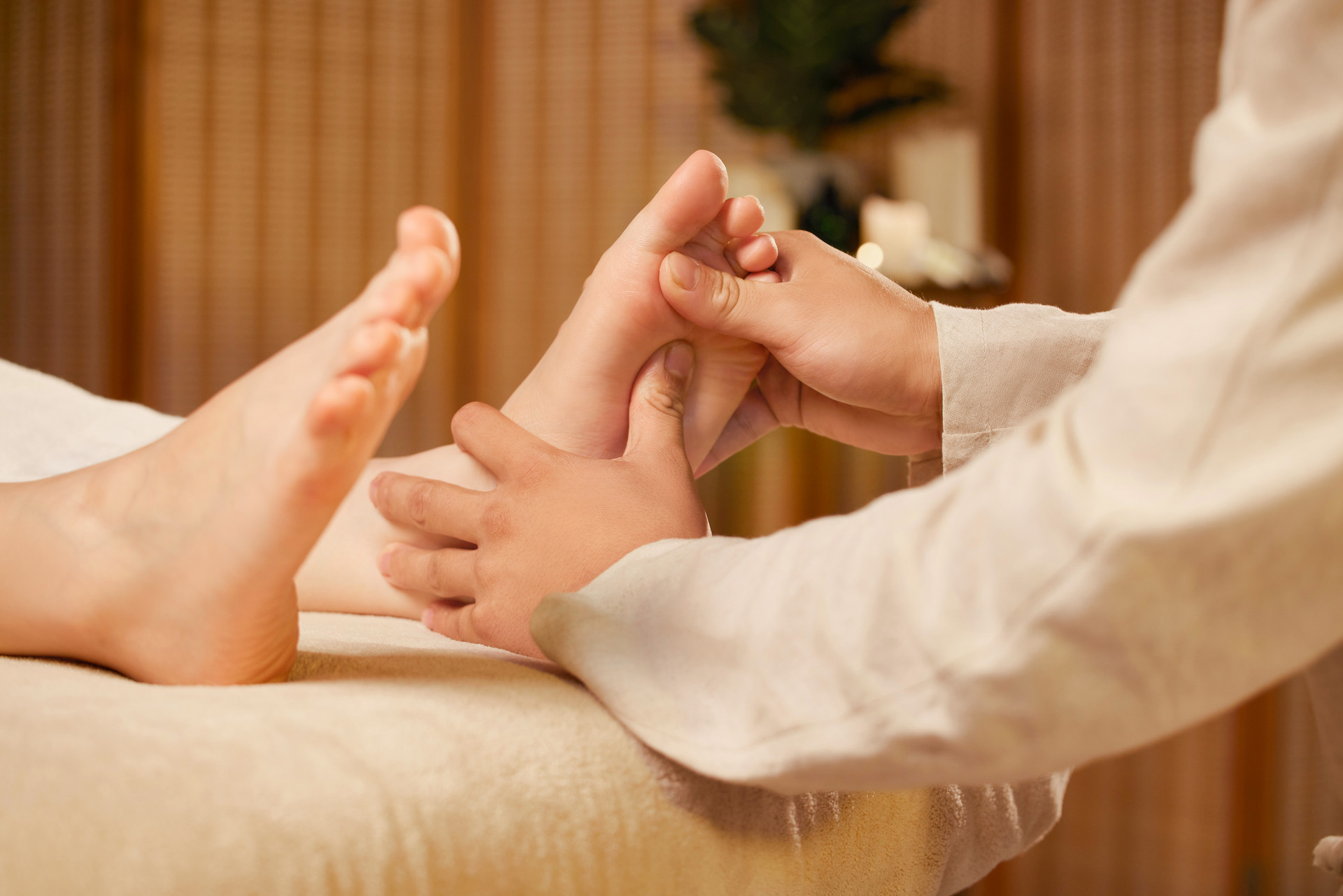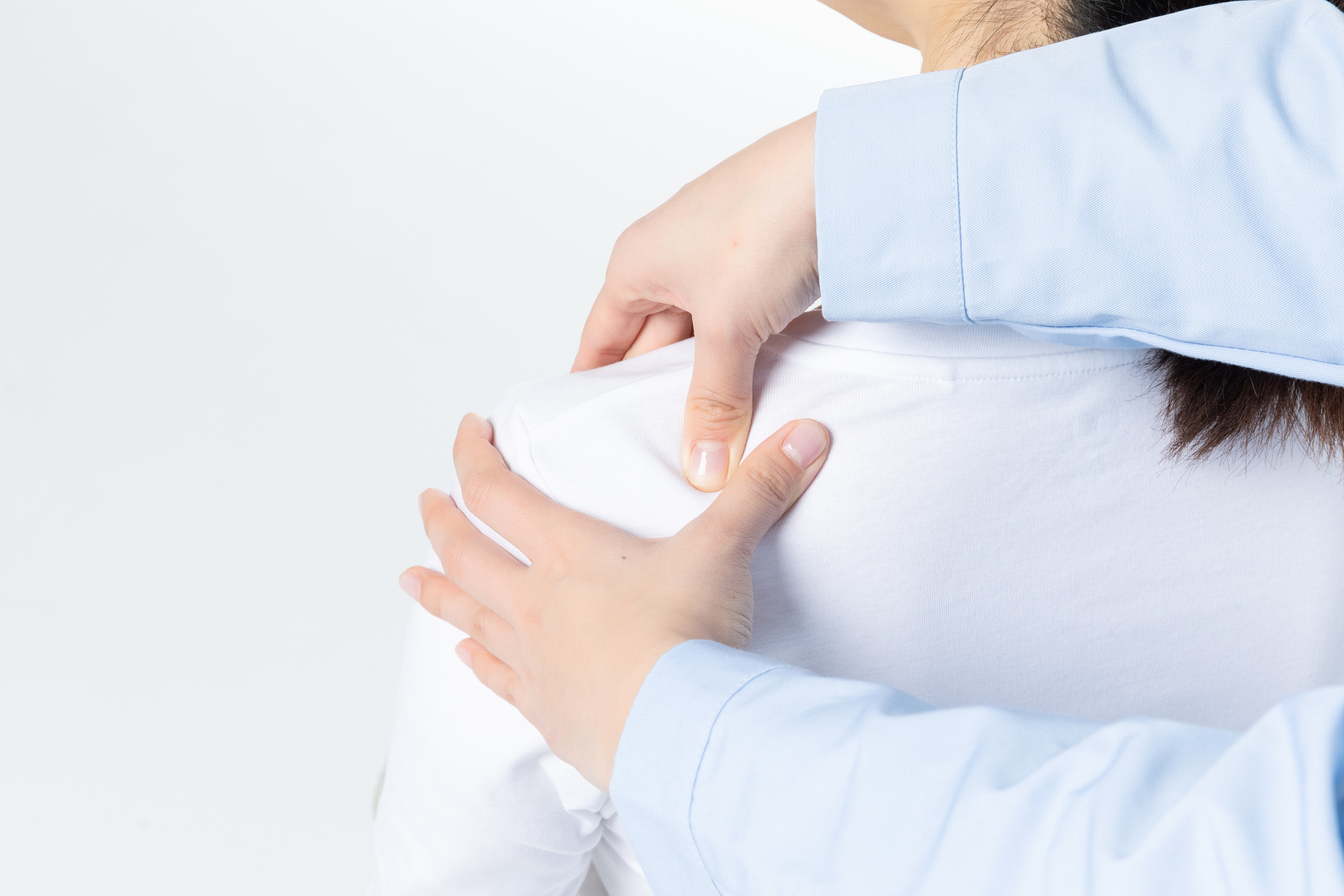Normal adults usually urinate 4-6 times during the day and 0-2 times at night. An increase in the number of urinations is referred to as urinary frequency. Urinary frequency can be a physiological or psychological condition, as well as a symptom of many diseases. There are many causes of urinary frequency, including inflammation, foreign bodies, mental factors, post-illness weakness, and parasitic diseases.
Clinical Manifestations
Non-inflammatory urinary frequency is characterized by an increase in the number of urinations without pain. Under the stimulation of inflammation, urinary frequency, urgency, and pain often occur simultaneously, and sometimes fever may also be present.
Urinary Frequency in Women
Urinary frequency in women may be caused by an increased urine volume (such as in physiological conditions when drinking a large amount of water, which naturally leads to increased urination; or in pathological conditions, when diabetes patients drink more water and produce more urine), inflammation, urinary tract stones, and decreased bladder capacity or psychological factors. After marriage, women are more likely to experience urinary frequency, especially during sexual intercourse, as stimulation to the vagina and pelvis can also cause urinary frequency. Recommendations: To treat urinary frequency, it is important to promptly visit a hospital for an examination to determine the cause. Since there are various causes of urinary frequency, only by identifying the specific cause can appropriate treatment be administered. Daily care: In addition to adhering to the doctor's treatment advice, attention should be paid to personal hygiene, frequent changing of underwear, and proper cleaning of the external genitalia to prevent bacterial infections.
Various reasons can cause an increase in the number of urinations without pain, which is also known as urinary frequency. How does traditional Chinese massage treat urinary frequency?
Traditional Chinese Massage: Treating Nocturia
In Chinese medicine, the Yinque acupoint can be massaged to treat nocturia. Yin refers to water, and Que refers to the void. Yinque refers to the circulation of the heart meridian's water back to the body's meridians through this acupoint. The substance of this acupoint is the water from the nourishing meridians, which flows back to the body's meridians through the void of this acupoint. Therefore, it is called Yinque. It has the function of connecting the heart and kidney, and can treat heart pain, palpitations, bone heat, night sweats, hemoptysis, nosebleeds, and aphasia.
Location: 0.5 inch above the transverse wrist crease, on the radial side of the flexor carpi ulnaris tendon, belonging to the Hand Shaoyin Heart Meridian.
Traditional Chinese medicine reminds us that it is best for women with urinary frequency to seek treatment under the guidance of a traditional Chinese medicine practitioner in order to achieve early detection and treatment.


